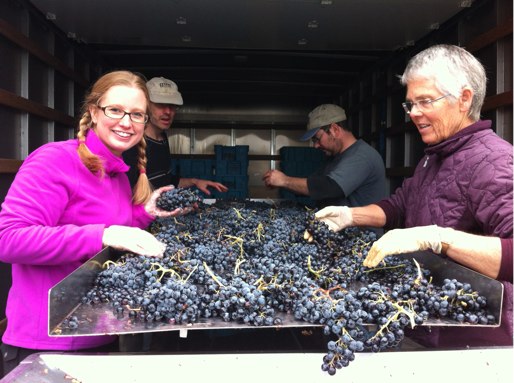This morning on Twitter I saw a conversation between two writers about wine blogging and the need for wine bloggers to have first-hand experience in order to blog.
This is what I saw:
@ancientfirewine That would probably be a low number. Would also be good if they spent some time in wine retail.
— The Passionate Foodie (5000 articles!!) (@RichardPF) October 9, 2012
I had to jump in:
@ancientfirewine @RichardPF I don't think all bloggers (in any niche) need first-hand experience, just a thirst for learning & sharing!
— VineSleuth (@vinesleuth) October 9, 2012
I don’t think that to be a good writer on any subject you need to be an expert. I think you need to be good writer, one with a desire to learn and share what you learn in an interesting and genuine way.
I don’t claim to be an expert on wine. I want to learn more. And blogging has enabled me to learn quite a lot and share with others who don’t have the opportunity to ask the same questions or may be intimidated to do so.
I doubt I would have ever taken part in harvest with Pomum Cellars as I did last Fall, had I not been a wine blogger first. (That’s me in the picture above.) And by taking part when I did, I could share my experience with a fresh perspective. Some blogs report from a fresh, new, learning perspective. Some report from a position of authority. I take the fresh perspective approach, because it is mine. I am learning. And having a blast! And I want my readers to enjoy each experience right alongside me.
Wine is intimidating. I know because I, too, can be intimidated by it. And many wine writers can be intimidating, too. Many have lost that wonder that you get at the beginning of learning something. If we leave it all to the experts, the perspective of the newer wine drinker will get lost… and they will never be reached.
Reporters are not experts in every field they cover. They dig in enough before the interview to ask the right questions and learn right alongside their audience. Or at least that’s what I learned in Journalism school.
In my opinion and experience, bloggers can do the very same thing and still share very valuable information and perspectives.
What do you think?


Leave a Reply